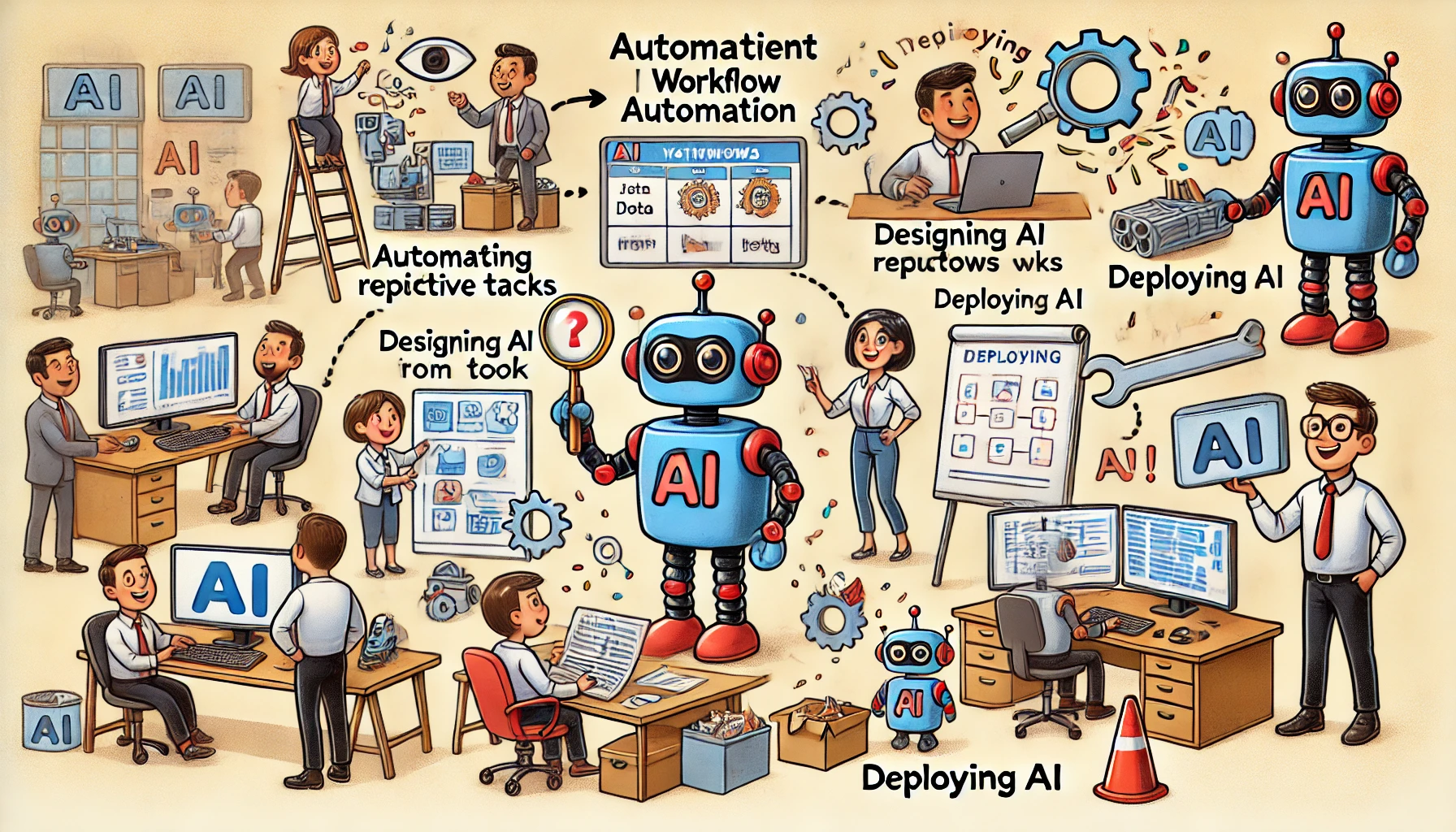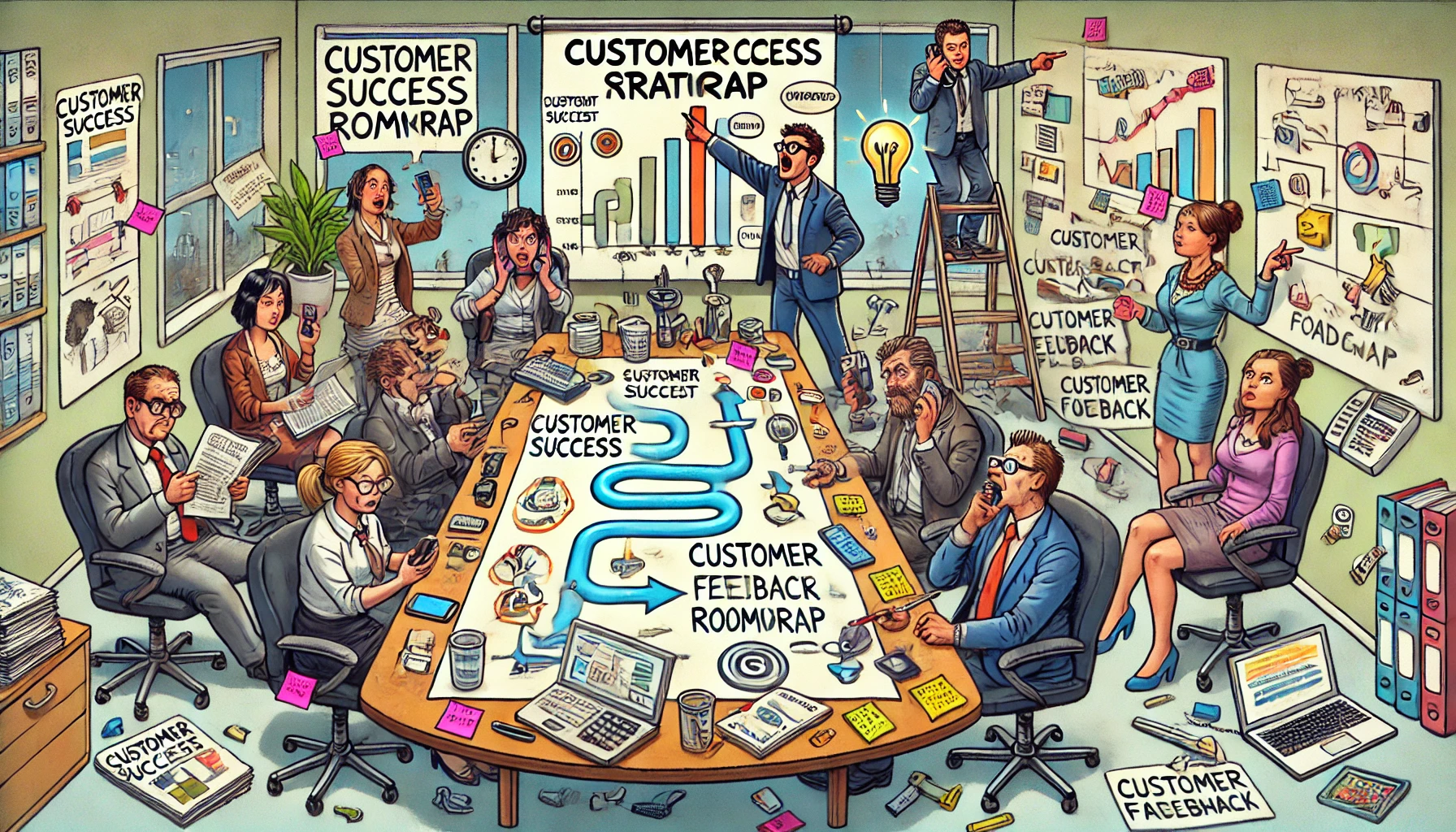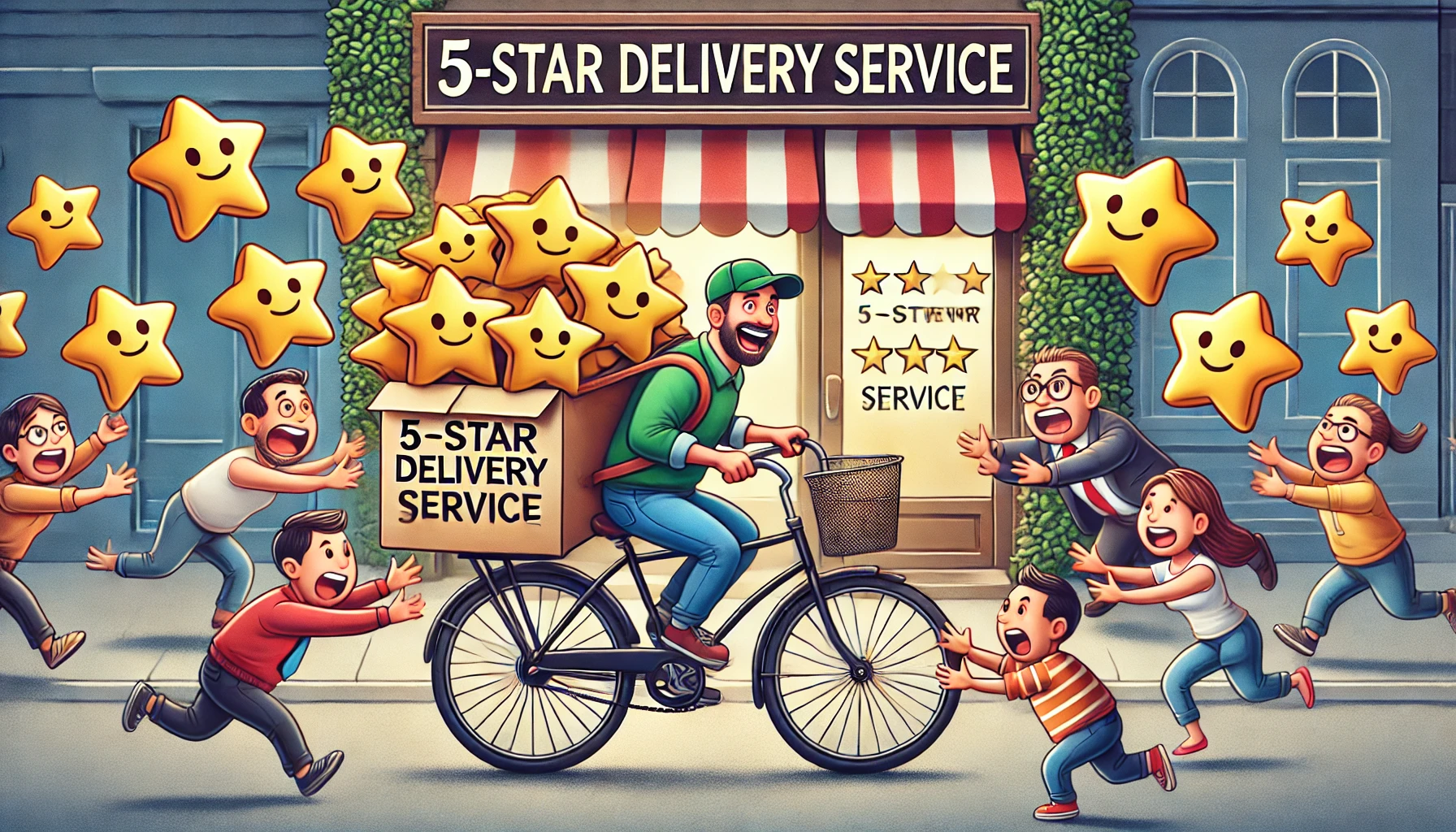Definition and success strategies of customer centricity: Boost growth, enhance loyalty
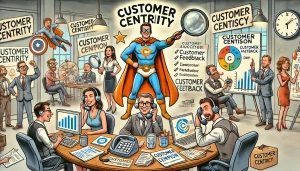
Introduction to customer-centricity in business
In today’s highly competitive market, the significance of customers extends beyond their role as revenue sources—they are central to a business’s survival and growth. This underscores the necessity for a customer-centric approach in all aspects of business operations, from product development to service delivery.
Defining customer-centricity
Customer-centricity involves deeply understanding customer expectations, perceptions, and needs, and integrating this knowledge across all business facets. It’s not just a buzzword but a fundamental business philosophy that ensures customers are the focal point of all decisions and actions.
Companies that master this approach enjoy increased customer advocacy, loyalty, and retention. For instance, businesses with strong customer-centric models see a 55% increase in customer retention rates, according to a 2020 Customer Loyalty Report.
Comparing business approaches
Unlike product-centric or sales-centric models that focus on products and transactions respectively, a customer-centric approach prioritizes the needs and preferences of customers at every stage. It’s about more than just making sales; it’s about fostering enduring relationships and enhancing customer value, which in turn drives long-term business success.

The imperative of customer-centricity
Adopting a customer-centric approach can dramatically impact a business by:
Increasing customer loyalty and retention: 73% of customers stick with brands because of friendly customer service, according to a 2021 Consumer Engagement Report.
Improving brand perception: Smooth interactions enhance customer satisfaction and brand image.
Attracting new customers: High satisfaction rates and positive customer perceptions significantly aid in new customer acquisition.
Success stories of customer-centric companies
Amazon: Known for its customer obsession, Amazon leverages data analytics to customize shopping experiences, resulting in a customer return rate of over 60%.
Starbucks: By focusing on customer preferences and creating a personalized coffee experience, Starbucks maintains a high customer loyalty index, significantly higher than industry averages.
Leveraging data analytics and customer insights
Effective use of data analytics allows businesses to understand customer behaviors and preferences deeply. This insight drives personalized marketing and service strategies that resonate with the target audience, improving engagement and satisfaction.
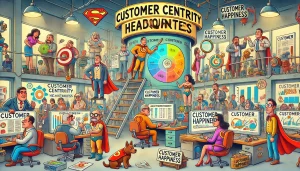
Strategies for implementing a customer-centric model
Customer-centric marketing
This involves using market research to understand and cater to the specific needs and desires of customers. Personalizing communications and leveraging customer feedback are essential for refining marketing strategies and enhancing customer experiences.
Customer-centric selling
Focuses on understanding unique customer needs and providing personalized solutions that deliver value, distinguishing a business from its competitors.
Transforming into a customer-centric organization
To evolve into a truly customer-centric organization, businesses must:
Anticipate and address customer needs proactively.
Collect and utilize customer feedback consistently.
Implement proactive customer service strategies.
Foster deep, ongoing customer relationships beyond transactions.
Ensure all employees embody a customer-centric approach.
Regularly track and measure customer-centric metrics like Net Promoter Score and Customer Effort Score to gauge success and areas for improvement.
Challenges and opportunities
Certain industries, such as manufacturing or B2B, may find transitioning to a customer-centric model challenging due to their traditional focus on products or transactions. However, by shifting the cultural mindset and leveraging customer data, these businesses can significantly enhance their customer focus.
Impact on pricing and product development
A customer-centric approach can also redefine pricing strategies and product development. Prices are set not just by cost but by perceived customer value, which can justify premium pricing strategies.
In product development, customer feedback is instrumental in creating solutions that genuinely meet customer needs, thereby increasing satisfaction and loyalty.
The path to customer-centricity
Adopting a customer-centric strategy is essential for businesses aiming to thrive in the modern marketplace. It involves a comprehensive shift in mindset from product-focused to customer-focused, ensuring every business decision prioritizes customer needs and preferences.
This strategic focus not only differentiates a business from competitors but also fosters long-term loyalty and sustainable growth.

Expert opinions on customer centricity
Linda Martinez, VP of customer engagement at ConnectPro: “An effective omnichannel strategy is essential for customer centricity. Customers expect a seamless experience across all touchpoints, whether online or offline. Companies that can provide a consistent, high-quality experience across all channels will build stronger relationships with their customers.”
Jason White, senior consultant at GrowthPath Consulting: “Customer centricity requires continuous innovation and adaptation. The market and customer preferences are always evolving, so companies must stay agile and responsive. Regularly seeking and acting on customer feedback can help businesses stay ahead of the curve and maintain relevance.”
Susan Clarke, head of customer insights at FutureVision Analytics: “Listening to the voice of the customer is more important than ever. Implementing robust feedback mechanisms and acting on the insights gained can drive substantial improvements in customer satisfaction. Companies that close the loop on feedback show their customers that their opinions matter, which strengthens trust and loyalty.”

 4 min
4 min 

